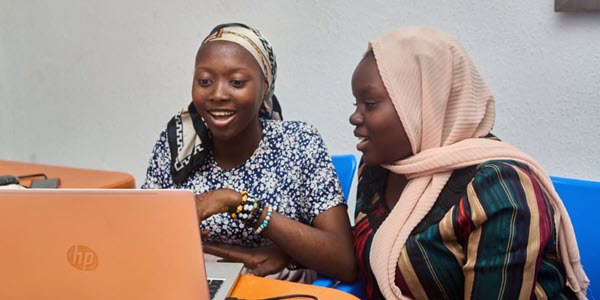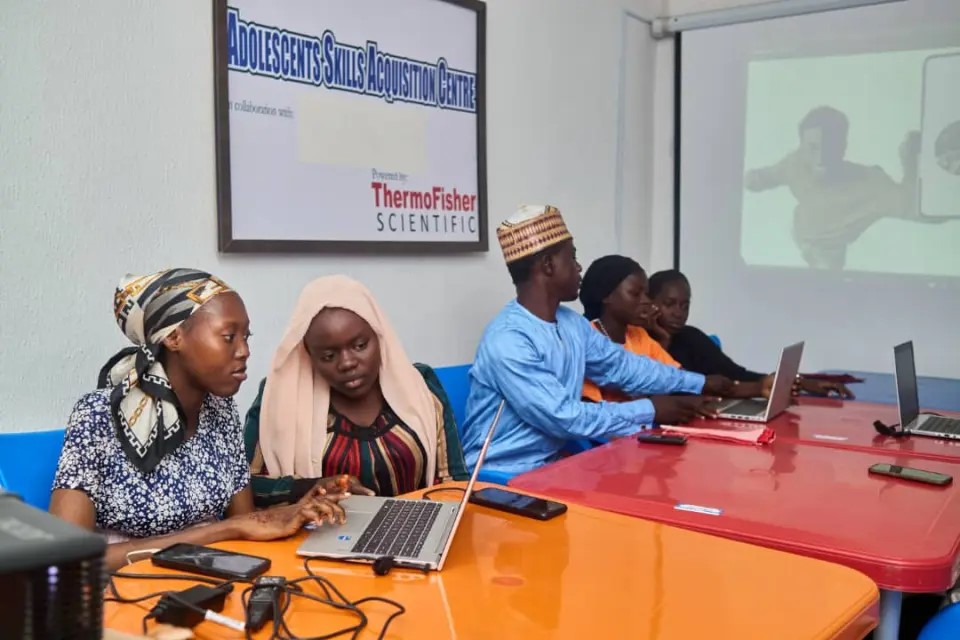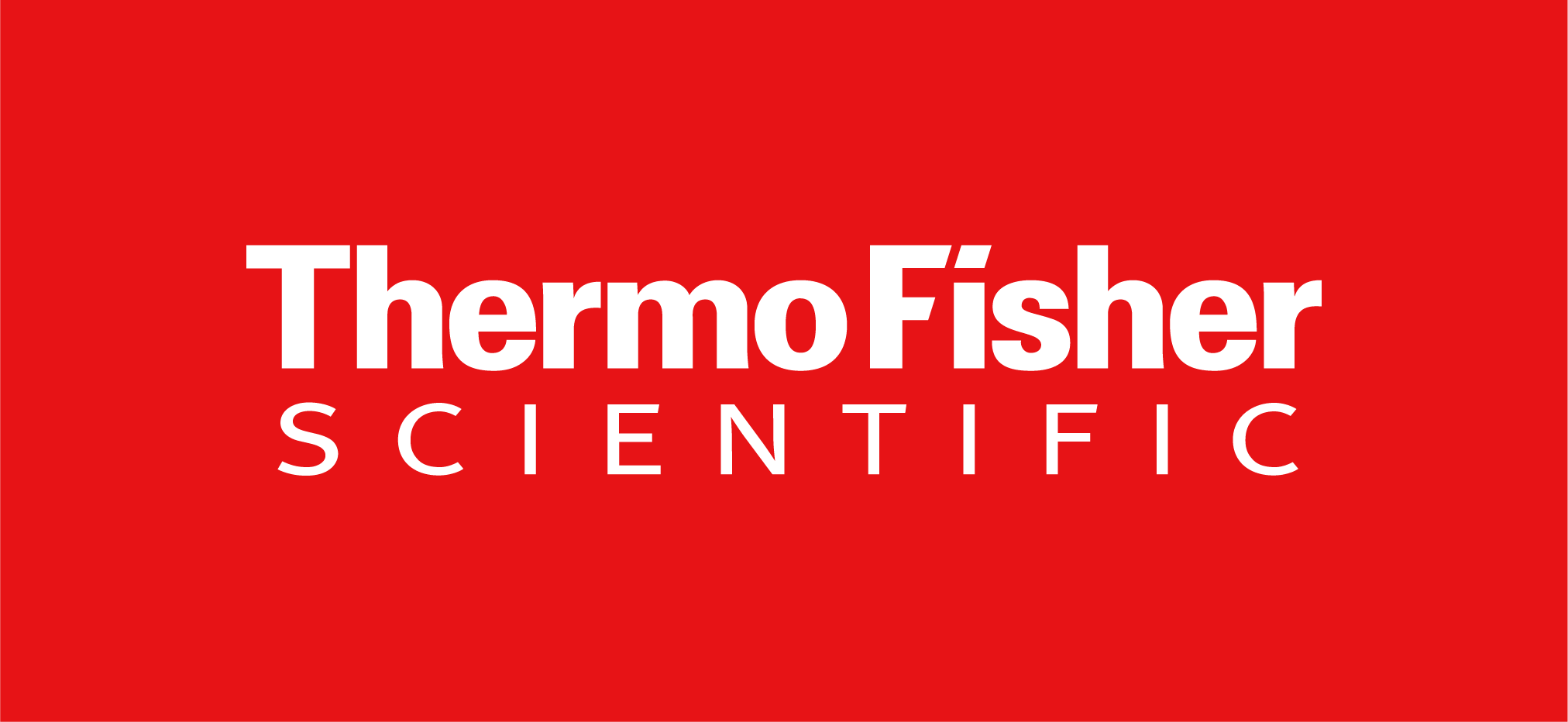By Katie C. Panzica
Engagement Program Manager, Corporate Social Responsibility
 Bella (right) works with an instructor during her training program with Project HOPE.
Bella (right) works with an instructor during her training program with Project HOPE.
That changed when friends told her about a training program offered by Project HOPE, a global non-profit organization that provides medical care, mental health and other support programs to communities worldwide. Bella was eager to join and quickly enrolled.
This program, aimed at advancing health, life skills, and economic resilience for HIV-positive youth in Nigeria, transformed Bella’s daily routine, her overall quality of life and future opportunities.
Like many girls in her town, Bella rarely spoke outside of her household. According to Adeola Seweje, Project HOPE operations manager, a phrase commonly heard is that "boys can muscle it," implying that boys have courage and girls do not and should instead “be seen and not heard.”
In Nigeria, which has the second-highest burden of HIV globally, young girls are disproportionately affected by socio-economic factors. Limited access to reproductive health services, comprehensive sexuality education and stable support systems exacerbates their vulnerability.
Adolescent girls in Nigeria who have HIV face significant challenges, which impact their health and disrupt their education and future opportunities. Women identified by the community as having HIV are stigmatized and often unable to marry, an important socio-economic status since participation in the formal economy remains less accessible to women than their male counterparts. This is why education and support for girls is even more important explained Costa Atori, Project HOPE-Nigeria’s community services and health security advisor.
Based on more than a decade of in-country programming, Project HOPE has made significant gains in increasing the confidence of young girls, allowing them to be more vocal in their communities. This is largely due to their interactive curriculum, which encourages participants to ask questions and share ideas publicly.
"Through my experience in the program, I discovered the confidence to speak in public, and I can [better] relate to my peers and other people better because I have always been very shy," Bella shared.
Project HOPE’s youth development and skills integration program provides youth the opportunity to learn a variety of trades, including tailoring, baking, shoe making as well as computer literacy and graphic design. While these modules focus on technical skills, Project HOPE is equally committed to the development of soft skills like public speaking and team building exercises. Further, their holistic approach to public health more broadly includes medical care, emotional support, socio-emotional learning and skill development which improves participants’ overall well-being and access to future opportunities.
 Bella (second from left) learned soft skills, such as public speaking, and graphic design through a local training program provided by Project HOPE.
Bella (second from left) learned soft skills, such as public speaking, and graphic design through a local training program provided by Project HOPE.
These educational materials will be used to raise awareness of Project HOPE's programs among stakeholders, including government entities and collaborators. Volunteers also created social media templates and provided program participants with a list of social media tips so that they can better market their businesses and services.
“One unexpected benefit our team in Nigeria received from working with the volunteers from Thermo Fisher was increasing our own knowledge,” Adeola said. “We learned how to utilize design platforms such as Canva and Microsoft PowerPoint so we can update and reproduce the designs we were provided. We also learned how to summarize content provided in our reports to use in future marketing materials with ChatGPT.”
Working with Project HOPE to create these materials also gave the volunteers valuable insights into Nigeria’s most concerning health challenges while fostering global collaborations across different industries; a partnership that both parties are committed to maintaining.
Thermo Fisher plans to continue its partnership with Project HOPE, supporting youth programs that girls like Bella rely on to gain confidence and independence. Further, Thermo Fisher is committed to finding additional ways their colleagues can increase the capacity of the nonprofit’s work on the ground through volunteerism.
“It was a wonderful experience,” said Vero Ehrlich, project manager at Thermo Fisher. “The cause made me feel extra good during my time volunteering. I learned many interesting facts from the materials provided and from the local experts in Nigeria, which filled my heart.”
Bella’s dream is to become a doctor, driven by her passion for caring for the sick and interest in disease. She hopes to use her new skills of graphic design, gained through Project HOPE’s training program, to support small businesses in her area and earn money for her family and future medical aspirations. Project HOPE helped Bella find her voice and gain confidence to pursue her dreams.

